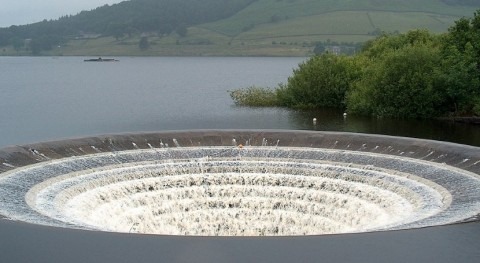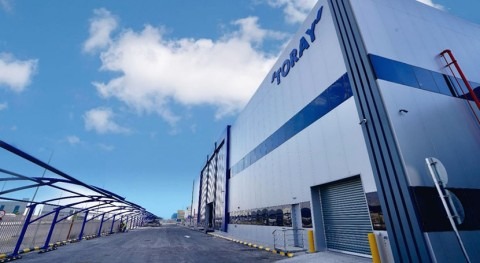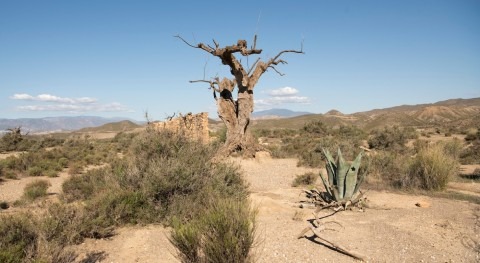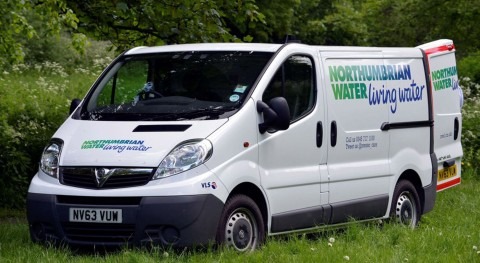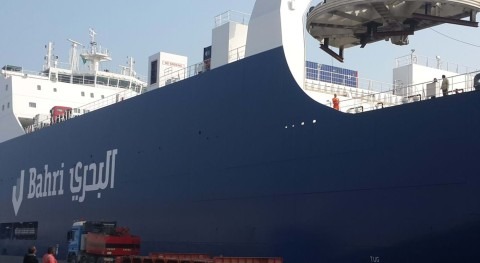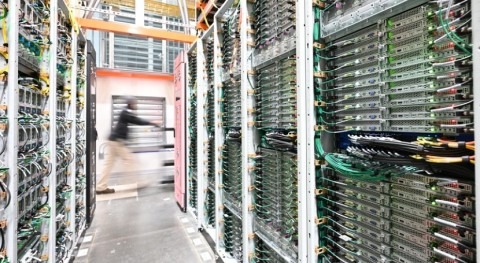On June 14, 2025, the new Eaux Blanches wastewater treatment plant in Sète, Hérault, was inaugurated. Located on the Mediterranean coast, the plant plays a crucial role in protecting water resources in a region vulnerable to climate change.
Launched in 2018, the €64 million project was led by Sète agglopôle méditerranée, the Rhône Méditerranée Corse Water Agency, and Thau Maritima—a partnership between SUEZ and Vauban Infrastructure Partners. The plant now treats 89% of the wastewater from seven municipalities, amounting to 6.5 million m³ per year, serving the equivalent of 165,000 residents. It is designed to handle up to 190,000 population equivalent, addressing seasonal population increases and extreme weather events linked to climate change.
The facility uses ultrafiltration membrane technology that removes over 90% of organic pollution, producing “Class A” discharge quality and helping preserve the Mediterranean Sea and the Thau Basin. It also includes a storm basin and adaptive flow systems to manage intense rainfall and prevent overflows—key to supporting sensitive ecosystems and activities like shellfish farming.
Located within the Val’Thau ecopole, the plant is a circular economy model, reusing treated wastewater and producing renewable energy
Located within the Val’Thau ecopole, the plant is a circular economy model, reusing treated wastewater and producing renewable energy. It is integrated with a nearby waste-to-energy plant and the SAIPOL industrial site to optimize resource flows. The plant recovers 500,000 Nm³ of biomethane annually and uses 2,800 MWh of steam to dry sludge, which is later composted for local agriculture. From 2025, the steam will also heat the digester to improve energy performance.
A Treated Wastewater Reuse unit already provides over 60,000 m³ of water to the waste-to-energy plant each year. Starting in 2026, an additional 540,000 m³ will be supplied to SAIPOL. These measures support water conservation and industrial resilience.
Also beginning in 2025, an educational program will host 20 school classes annually to explore the link between water, energy, and the circular economy. Developed with local partners, the initiative aims to engage younger generations with sustainability issues.
This large-scale modernization was completed while maintaining public sanitation services. 55% of the project’s value went to small and medium enterprises in Occitanie, with a third located within the agglopôle. It stands among the most significant water infrastructure projects undertaken by SUEZ in France in the past decade. Designed to minimize visual, noise, and odor impact, the plant has also delivered more than 45,000 hours of professional integration and helped train future professionals in the water sector—contributing to both ecological and economic transition in the region.



